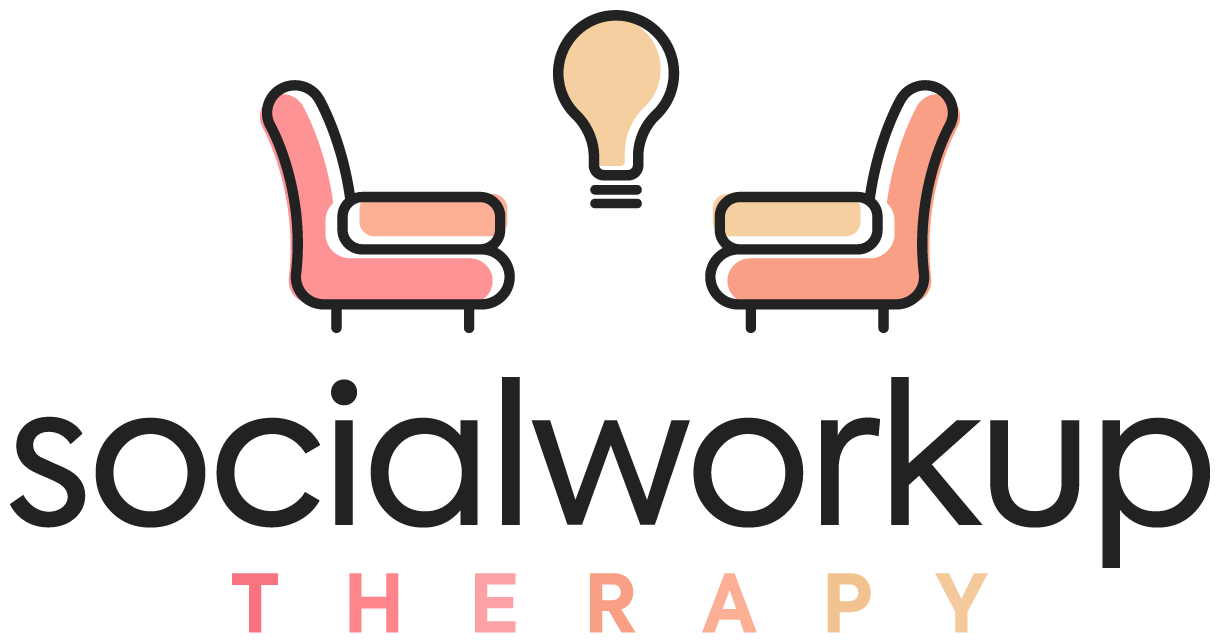How to Make Therapy Sessions More Productive
How to make therapy sessions more productive
Therapy has the potential to help you make sense of your experiences in clearer ways and gain tools and insights that improve your wellness, relationships, and environments for the long run. Imagine getting to sit down, unravel a string of thoughts and emotions, and gain skills to not only feel better but make lasting change. A matter of sessions can positively impact decades of distress and confusion.
When engaging in therapy, however, there may be times where you wonder how to make the most of your sessions. The most important piece is that you find a therapist who’s right for you; the relationship between the therapist and client is in itself part of the process. If you’d like to learn how to find the right therapist for you, you can read a recent blog post on the topic here.
After finding a therapist who feels right to you, there are four habits that can support you in getting the most out of therapy sessions:
Dedicate a therapy notebook: Keeping a notebook that’s dedicated to therapy can be a great outlet for you to write down skills you’re learning, insights you’ve gained, or a train of thought you’ve had since your last therapy session. You can also write out your reflections and challenges throughout the week so your thoughts have a place to go between sessions. This will not only support your clarity outside of session but will inform the therapy sessions themselves and ensure you get the most relevant insight and skills out of your time together.
Keep your “sensors” on throughout the week: Did something make you feel uncomfortable this past week? Did you notice yourself getting angrier or sadder than usual about a statement? Do you feel you’ve been in a funk more than usual? Notice these moments (you don’t have to analyze them, just notice them) and write it in your phone or notebook. Writing them down fresh when it happens and presenting the experiences in therapy can help you understand and address the source with more clarity. This level of mindfulness can also prevent forgetting to share something important to you in session.
Practice being candid with your therapist (and with yourself): If your therapist doesn’t do this already, ask them if you can dedicate 5-10 minutes at the beginning of a session every month to check-in on how therapy is going. Here you can share what’s working, what’s not working, and what you’d like more or less of. Do you like having easy-going conversations that float wherever it needs to? Do you prefer more structure and activities? Do you enjoy having exercises to work on outside of sessions? This can help you take ownership of your mental health journey and cultivate an environment where you feel unfiltered. I do this after every 4 sessions with my clients and it helps to break any artificial politeness that may develop and instead support a healthy, honest, and trusting relationship.
Calm your mind before each session: It can be tempting to view therapy as another meeting to quickly fit into the rest of your schedule. Of course, there may be days where you are rushing to get to therapy and don’t feel settled until a few moments into the conversation. When possible, try to make it a routine to have a calming activity before the session starts. If you’re going to therapy in-person, maybe get there early and take a short walk before entering the building or grab your favorite drink on the way and listen to relaxing music parked in the lot for a few minutes before getting out of your car. If you’re going to online therapy, take some time after closing your door to light a candle, make your favorite drink, grab a blanket and take a few moments for yourself to settle into the space and clear your mind before logging on and getting started. You can even make it a routine to exercise right before therapy. These regulating activities can help calm your body and free your mind, leading to more meaningful and open conversations.
What would you add to the list? What do you and your therapist do that feels most helpful to you?
Interested in starting therapy with socialworkup therapy? Schedule a consultation call here to see if it’s the right fit for you.

